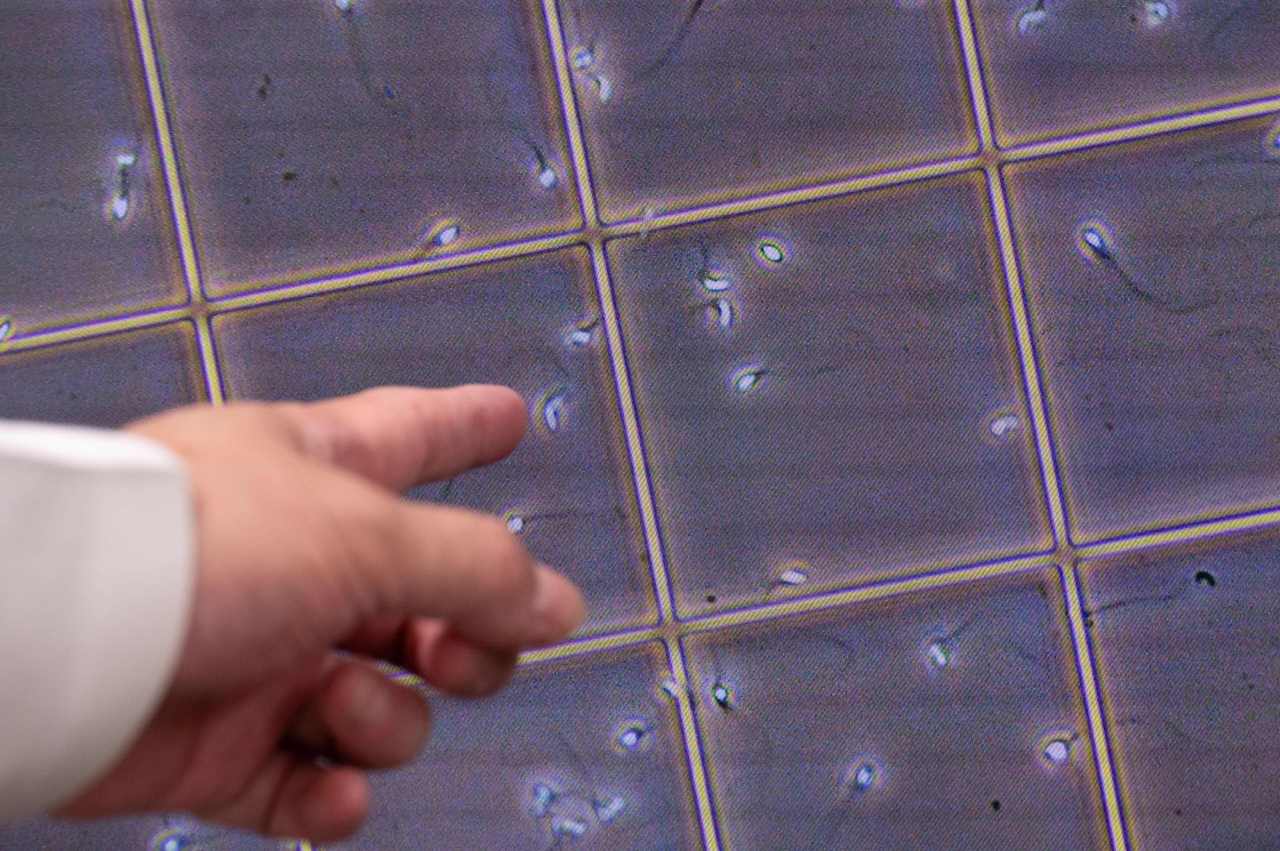AUSTIN (KXAN) — Using marijuana and taking testosterone are just two of the risk factors that can cause men’s sperm count to drop.
As part of National Men’s Health Month, Austin fertility Doctor David Prokai is working to increase awareness around the drop in men’s sperm count and the reasons behind it.
A study published in 2022 found sperm count dropped 51.6% among men worldwide between 1973 and 2018.
Prokai talked with KXAN’s Tom Miller about behavioral and environmental risk factors, along with treatment options.
Tom Miller: When people are trying to have a baby without success, what are some things that you’re looking for in men? And what are some of the challenges that they’re up against?
Dr. Prokai: For many couples, one of the main aspects of the evaluation is a semen analysis. Putting it very plainly, a semen analysis is an examination of one sample of a man’s ejaculate. (We’re) looking at the volume of the sperm, how much sperm there is in it, how much sperm is moving around, and how healthy that sperm looks. That’s kind of, in some ways, a great snapshot of the overall picture of a male’s fertile health.
Tom: Studies have found this declining sperm count in men worldwide. Why is that happening? And how far is that dropping?
Dr. Prokai: In many Western countries there has been a pretty large decline from some of the studies looking at the 1970s to now with the male sperm counts. Some of those numbers are almost in half. Roughly from 100 million sperm, which is quite a good number, to around 40 to 50 million, which is a pretty drastic decrease. Lower sperm counts can be a result of things related to hormones and anatomy and genetic causes. Even things related to environmental exposures. I think that’s where a lot of the focus and maybe the suspicion has gone, that there is some global environmental exposure that is causing these lower counts, and I think that’s what a lot of the research is focusing on.
Tom: The diagnosis is called male factor infertility, I imagine it’s very difficult when you learn that you have this. How do you go about treating that and helping these patients?
Dr. Prokai: It’s always really important for any person who we identify as having a lower sperm count to look at their lifestyle. We do know things like excess alcohol intake, obesity, and processed foods can lower sperm counts. Taking testosterone just by itself is actually really negative. It can really negatively impact sperm levels to the extent that it can sometimes render a man making no sperm whatsoever. The other thing that we see often is marijuana use, there’s a good link between increasing marijuana use lower testosterone levels and lower sperm counts.
Tom: Have you found that it can be reversible and that you can get the sperm count back up?
Dr. Prokai: Very much. Marijuana is a pretty clear one. If we find that somebody’s taking testosterone… if they stopped this medication, then they can get a return of sperm production. It can take up to three months to see that increase or that benefit. So whatever lifestyle changes you make now can potentially take up to three months to see their full fruition, though if we do see that bump in sperm numbers, that’s obviously very satisfying.
